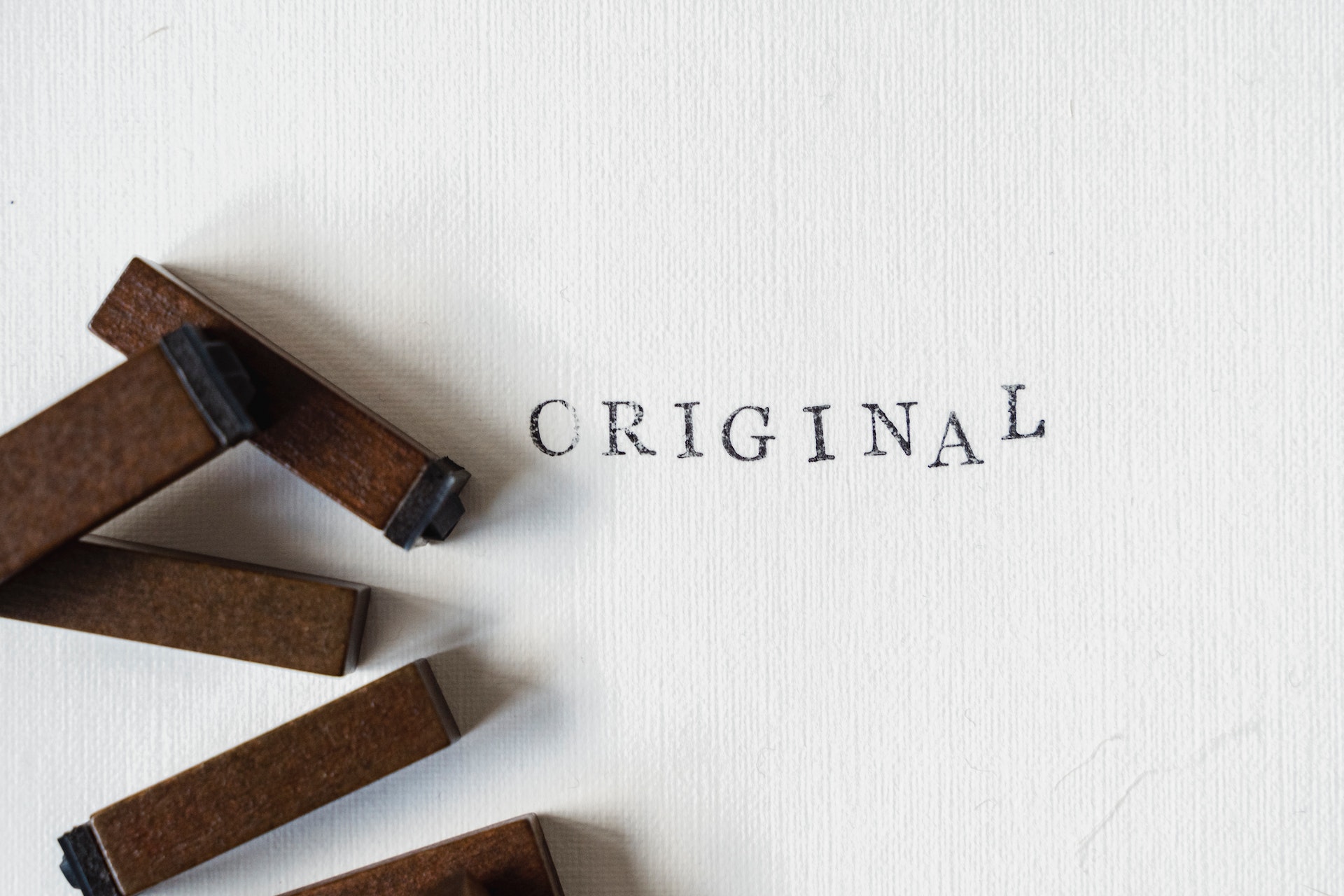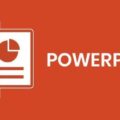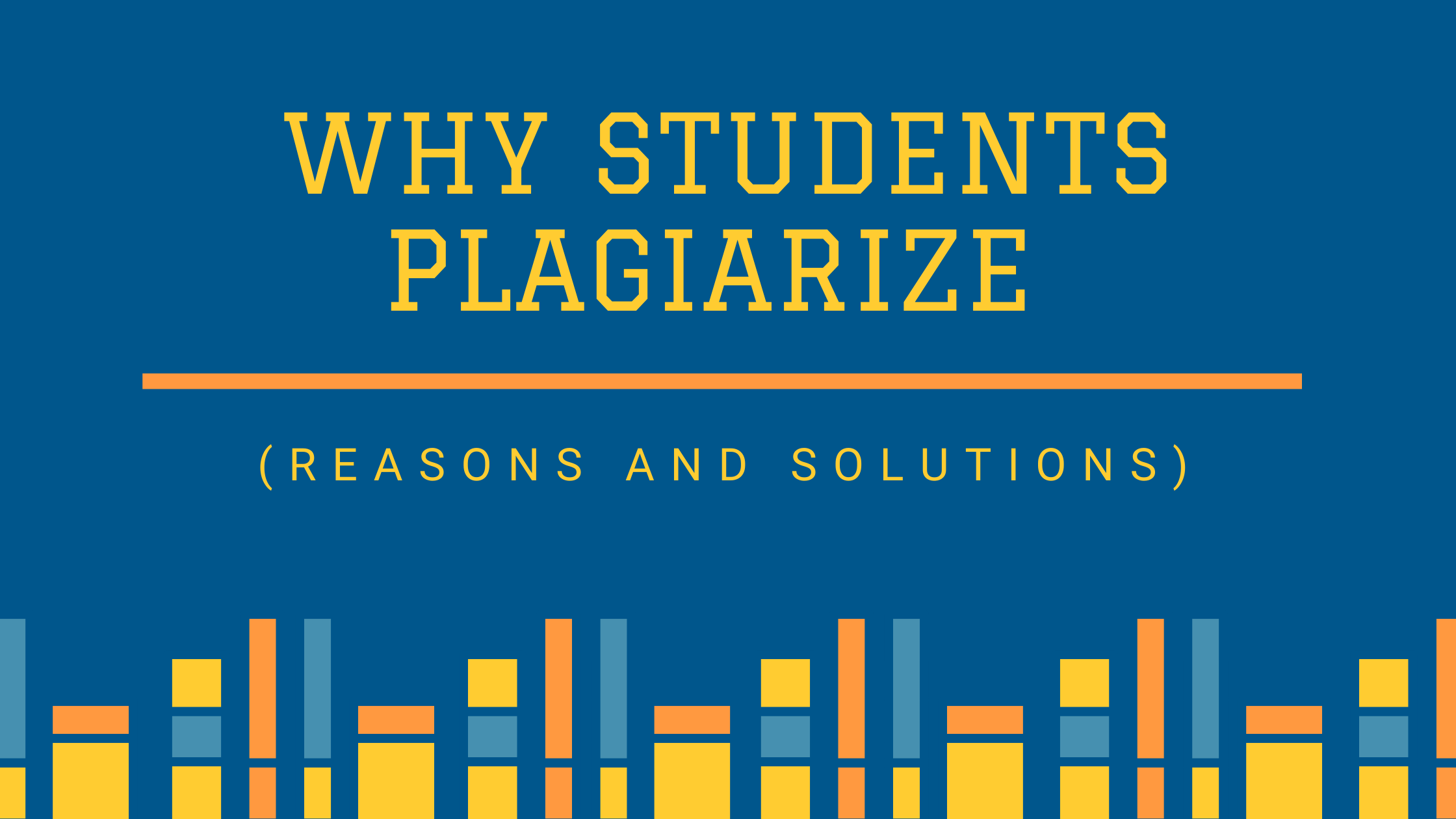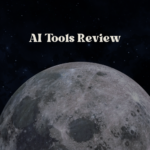Is plagiarism unethical? If yes, isn’t using a plagiarism checker meaningless? To answer the questions, we first need to understand two things –
- What is plagiarism?
- What about plagiarism checker tools?
What is plagiarism?
Plagiarism is the act of using someone else’s words, ideas, or work without giving proper credit or acknowledgment. It is a form of intellectual dishonesty that undermines the principles of academic integrity and originality.
Plagiarism, as you may understand, can take various forms – copying, and pasting text from a source without citation, paraphrasing someone else’s work without attribution, or presenting someone else’s ideas as one’s own.
It is important for students and others to understand that plagiarism not only violates ethical standards but also has serious consequences in educational and professional settings. To avoid plagiarism, it is crucial to properly cite and attribute all sources used in one’s work and develop a thorough understanding of how to integrate and acknowledge the ideas of others – all of that while maintaining one’s own voice and contribution.
What about plagiarism checker tools?
Plagiarism checker tools are software or online platforms designed to identify instances of plagiarism in written content. They analyze the submitted text and then they compare the text against a vast database of published works to detect any similarities or matches. These tools can be helpful in assisting writers, researchers, and educators in ensuring the originality and integrity of their work.
Is plagiarism checker legit?
Plagiarism checkers, when used appropriately and with reliable tools, can be valuable in identifying instances of potential plagiarism and promoting academic integrity. However, it’s important to understand that no plagiarism checker is 100% foolproof, and they should be used as aids rather than definitive judgments.
Legitimate plagiarism checkers utilize sophisticated algorithms to compare submitted text against a vast database of published works, including books, articles, websites, and academic papers. They flag potential matches and highlight areas of concern. This helps users to review and address any potential issues. These tools are particularly helpful in identifying direct verbatim matches or close paraphrasing.
Limitations of these tools
Despite the goodness in them, it’s important to note that plagiarism checkers have limitations. They rely on their database of sources, and if a source is not included in the database or is not publicly accessible, it may not be detected.
Plagiarism checkers may also produce false positives or false negatives, meaning they may flag legitimate content as plagiarized or fail to identify instances of plagiarism. So, it’s crucial to review the results critically and manually verify any highlighted matches. To put in other words, it is the responsibility of the user to interpret the results, evaluate the context, and ensure that proper referencing has been followed.
So, these tools can be a good assistant in the writing and research processes, but they should not be relied upon blindly. They are most effective when used in conjunction with human judgment, careful review, and a thorough understanding of academic integrity principles.
Photo by Kevin Malik













